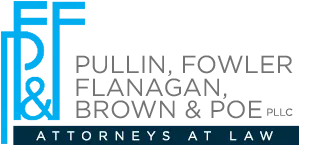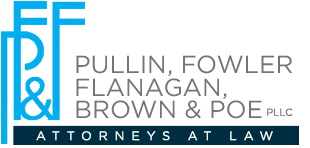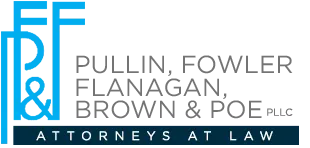
- posted: Dec. 20, 2022
- Employment Law
The increasingly popular practice of employees working from home has altered what used to be tried and true supervisory methods. No longer can employers visually monitor employees to make sure they punch in on time or are working at full capacity. Since most work-from-home jobs are knowledge- and information-focused — involving constant use of computers and other devices — employers have resorted to technological aids for monitoring employees’ work habits. These can be effective, but there are some reasons for not overusing them.
Monitoring methods now in use by employers include the installation of electronic surveillance software known as spyware on their employees’ work computers. Spyware allows employers to monitor company machines in the following ways:
- Internet use — Employers can track what sites employees visit and the time spent on each site.
- Software — Employers can monitor what programs or information employees download.
- Files — The employer may capture all documents and files on a company machine.
- Screen — The employer may capture and record anything on the computer screen.
- Communications — The employer may capture all electronic communication on a company device.
- Usage — The company may record and track keystrokes, mouse movements and idle time on the machines used by an employee.
Electronic surveillance allows management to supervise automated operations. Employees cannot easily disclose private information about the company or customers to a third party. The technology also permits managers to monitor employee productivity as well as to check that employees are operating lawfully and ethically.
Employee surveillance laws have lagged behind the expanding use of the spyware technologies. The practice is not heavily regulated at the federal and state levels. However, there are legal limitations on how employers can surveil the workers. Employers cannot generally monitor the employee’s privately owned computers and devices. The machines must be company issued or the employee’s own computer must have company applications and data entirely segregated. The employer is not permitted to access any private information in the employee’s personally owned computer.
Even though the law generally allows employer surveillance, there are some disadvantages to overusing these technologies. Employees might view surveillance as a lack of trust. Monitoring is a factor in many employees quitting, which can result in high turnover and low morale. Also, the company incurs costs in having people monitor and interpret all of the information collected. There is also a risk that the employee’s private information may be disclosed if the company’s proprietary systems are hacked. An experienced employment lawyer can advise your company on the pros and cons of expansive employee surveillance.
The labor and employment lawyers at Pullin, Fowler, Flanagan, Brown & Poe, PLLC in Charleston, West Virginia provide sound and practical advice for managing the employer-employee relationships. If your company has an employment surveillance issue, feel free to contact us online or call 304-344-0100 for an initial consultation.



















